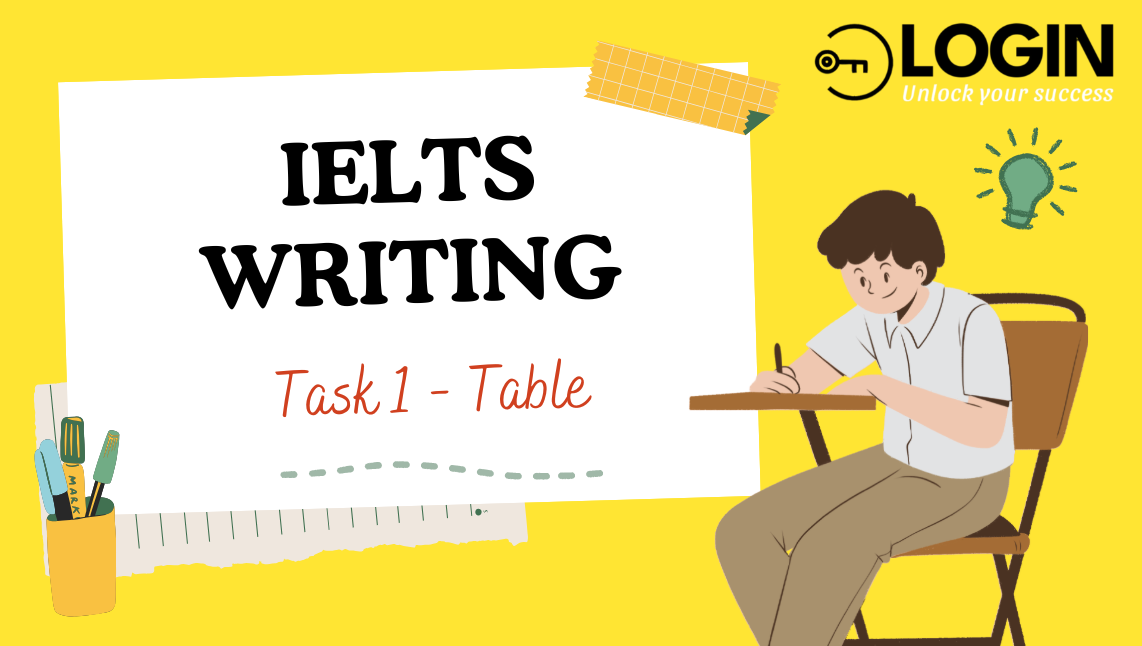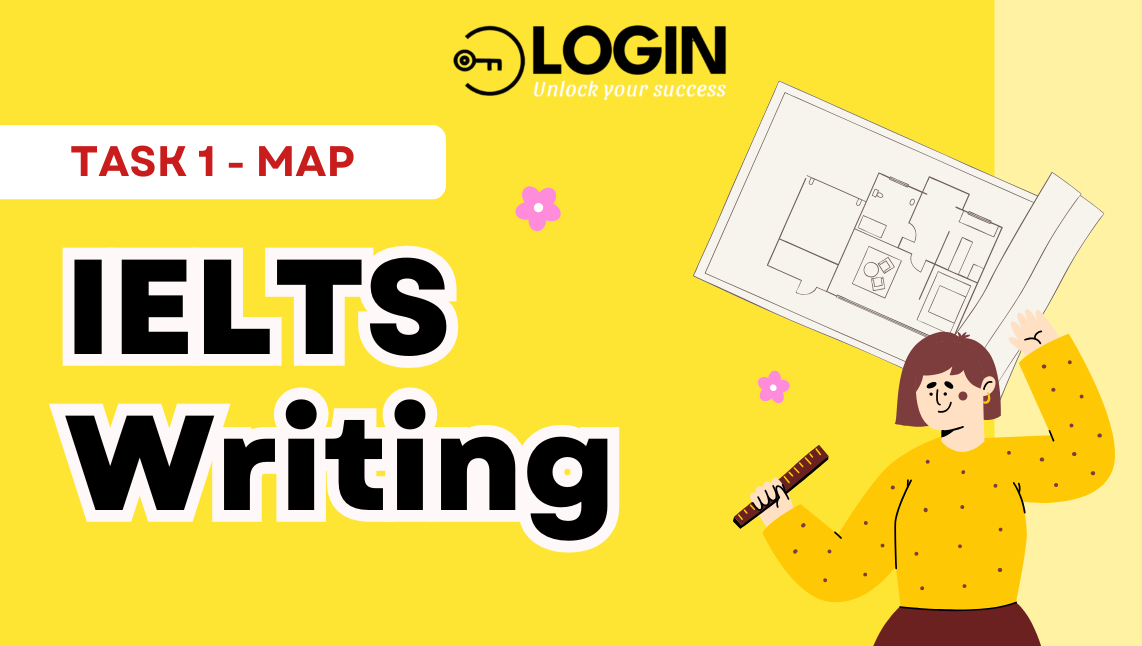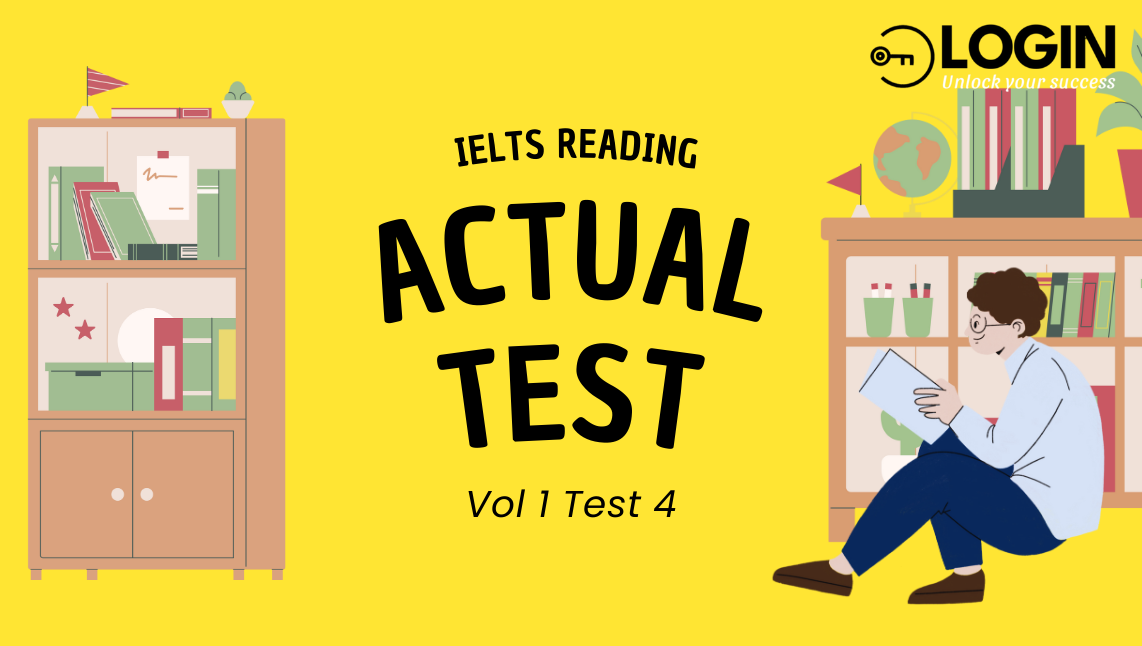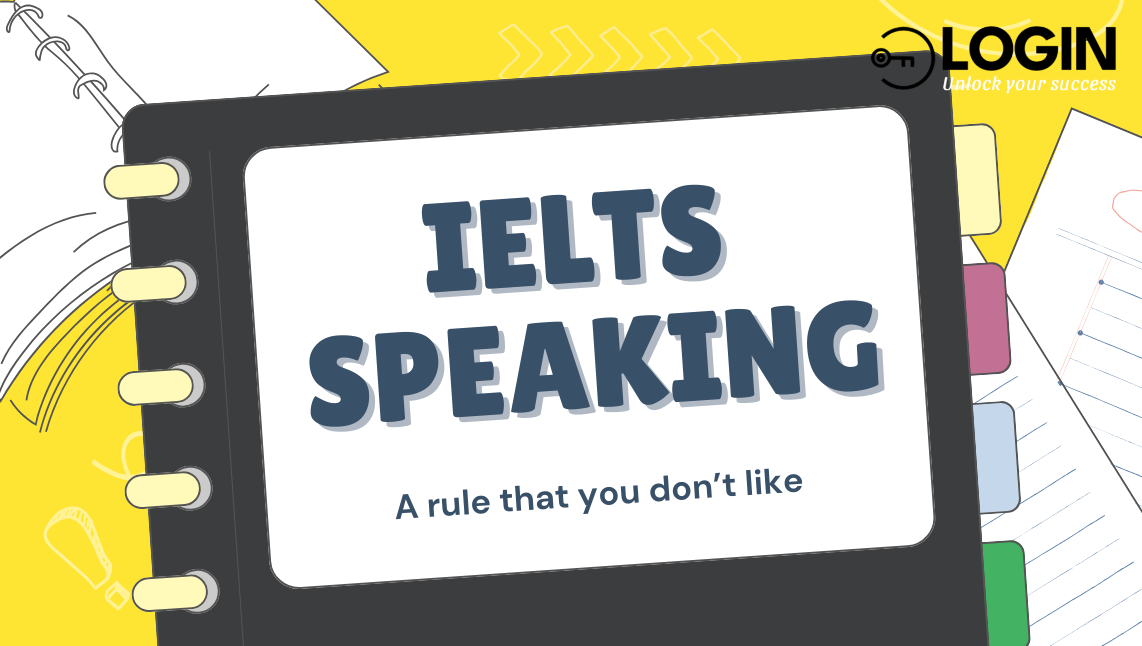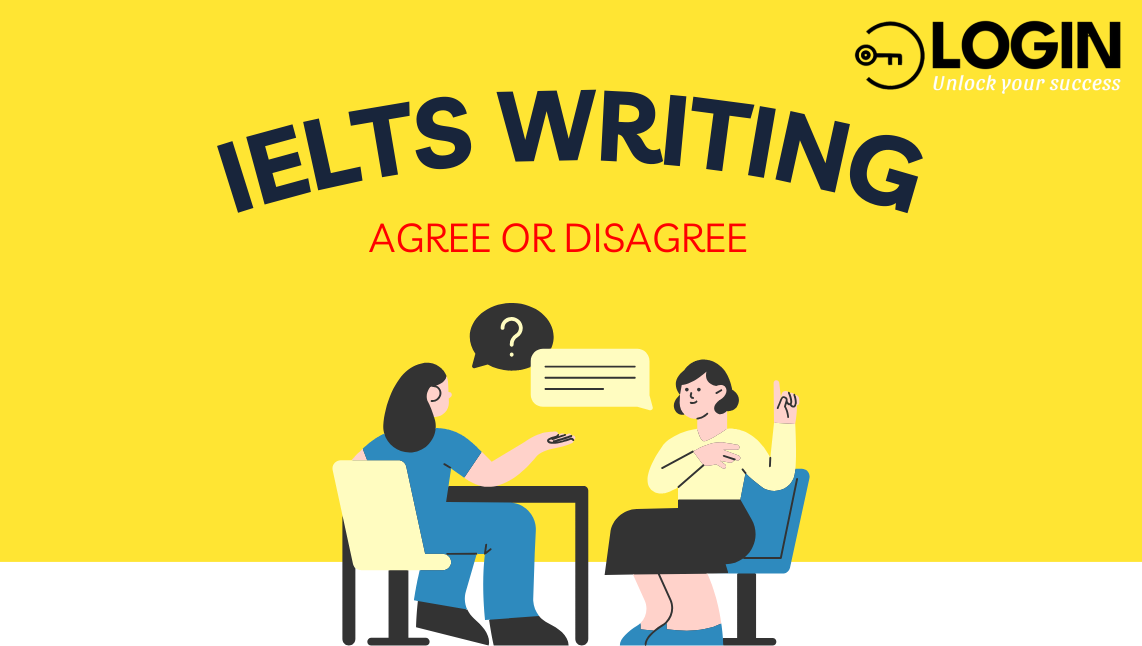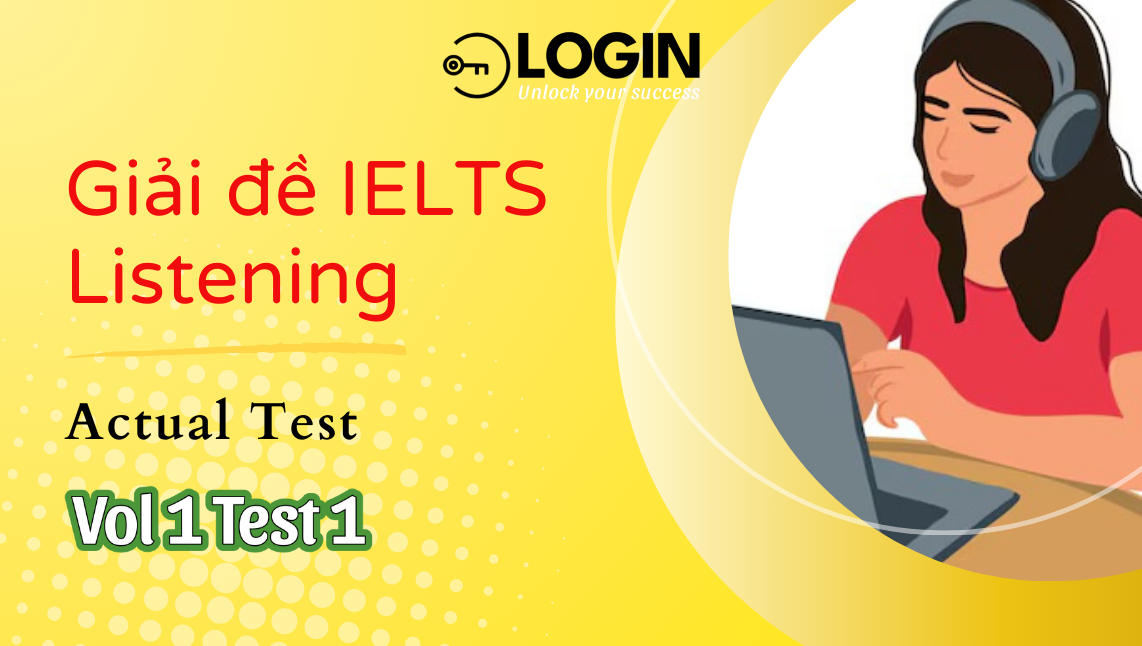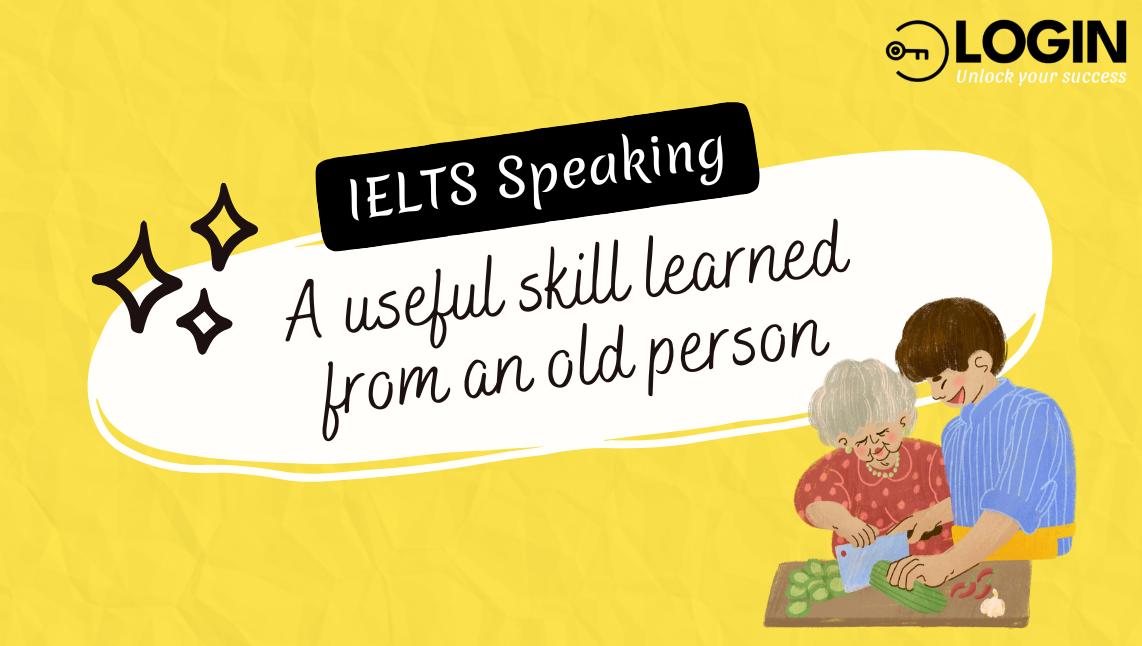Ở bài viết ngày hôm nay, IELTS Login sẽ hướng dẫn các bạn cách viết hoàn chỉnh 1 bài IELTS Writing Task 2 giải đề thi thật (Agree or Disagree), kèm theo các từ vựng và cấu trúc ăn điểm cao. Cùng khám phá nhé !

SAMPLE ANSWER AND VOCABULARY HIGHLIGHT
(262 words)
Although interviews are widely used by large organizations to recruit employees, many argue that they fail to accurately assess candidates’ potential. Despite concerns about their objectivity and ability to evaluate specific skills, I believe interviews, when well-structured, provide significant benefits that outweigh their drawbacks.
A major criticism of interviews is their vulnerability to bias and limited accuracy in evaluating true abilities. Recruiters may make snap judgments based on education or first impressions, which can unfairly influence decisions. This subjectivity increases the chance of hiring unsuitable candidates. Moreover, traditional interviews often depend on rehearsed answers, making it hard to distinguish between genuinely skilled candidates and those skilled at self-presentation. As a result, capable individuals may be overlooked due to nerves or unconventional responses.
However, these challenges can be mitigated through more strategic interview techniques. Specifically, scenario-based or behavioral questions help reveal how candidates handle real-life challenges, offering insight into their thinking and problem-solving. For example, instead of asking generic questions, interviewers might present a case study or a work-related challenge for the candidate to resolve. This method is particularly effective in assessing technical roles, such as engineers or IT professionals. Additionally, qualities like professionalism, adaptability, and long-term commitment can be evaluated through reference checks or by observing a candidate’s behavior during the hiring process. Therefore, companies are able to make more informed hiring decisions.
In conclusion, while interviews have limitations, they remain a crucial part of the recruitment process. With thoughtful design and supplementary assessments, they can provide a clearer picture of both technical skills and interpersonal qualities, leading to better recruitment outcomes.
assess = evaluate (V): đánh giá
objectivity (N): sự khách quan
bias (N): sự thiên vị
snap judgments (N phrase): những phán xét vội vàng
subjectivity (N): sự chủ quan
distinguish (V): phân biệt
overlook (V): bỏ qua
unconventional (ADJ): không theo lối thông thường, khác thường
scenario-based (ADJ): liên quan đến tình huống
behavioral question : câu hỏi hành vi
generic question: câu hỏi chung chung
adaptability (N): khả năng thích nghi
reference checks (N phrase): kiểm tra lý lịch
supplementary (ADJ): bổ sung
interpersonal (ADJ): kỹ năng giao tiếp
outcome (N): kết quả
Hy vọng Bài mẫu IELTS Writing Task 2 đã cung cấp thêm cho các bạn nhiều ý tưởng và từ vựng hay để vận dụng vào bài viết của mình khi Luyện thi IELTS Writing Task 2. Chúc các bạn đạt kết quả cao trong kì thi chinh phục band điểm IELTS cao !
Xem thêm:
Bài mẫu IELTS Writing Task 2 - Giải đề thi thật (Dạng: Causes and Solutions)
Bài mẫu IELTS Writing Task 2 - Giải đề thi thật (Dạng: Two-part Question)
Bài mẫu IELTS Writing Task 2 - Giải đề thi thật (Dạng: Discuss both views)
Bài mẫu IELTS Writing Task 1 - Giải đề thi thậ t (Dạng: Man-made process)
_________________
Biên soạn bởi IELTS Login Academic Team
- Bài mẫu IELTS Writing Task 1 - Giải đề thi thật
- IELTS Speaking Part 2+3: Describe a historical period/ moment you would like to learn more about (Sample Answer)
- Bài mẫu IELTS Writing Task 1 - Giải đề thi thật
- Dịch đề và phân tích đáp án chi tiết IELTS Reading (Actual Test - Vol 1 Test 4)
- IELTS Speaking Part 2+3: Describe a rule (in school or work) that you don’t like (Sample Answer)
- Bài mẫu IELTS Writing Task 2 - Giải đề thi thật
- Giải đề IELTS Listening (Actual Test - Vol 1 Test 1)
- IELTS Speaking Part 2+3: Describe a useful skill you learned from an older person (Sample Answer)

